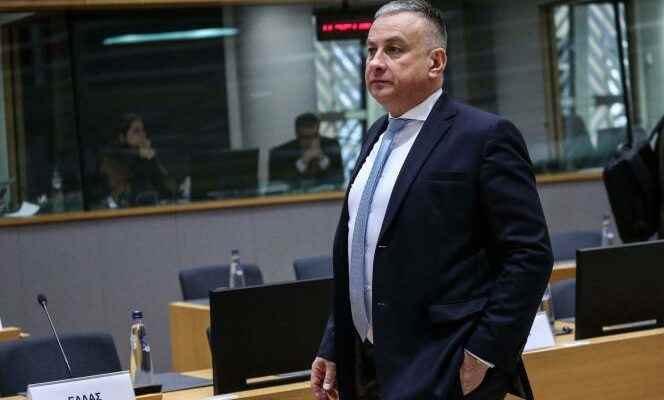While the war in Ukraine continues to wreak havoc, the Twenty-Seven want to offer a united front against Vladimir Putin. They therefore wanted to resolve the most urgent – and potentially the most conflicting – issues before the European Heads of State and Government meet in Brussels on Thursday 15 December. In several respects, they succeeded in doing so – Hungarian recovery plan, financial aid to Ukraine, minimum tax on corporations – but, on Tuesday, they again stumbled on a bone that has been poisoning their lives for weeks now: the highly flammable gas price cap issue.
The council of energy ministers which met again on the subject in Brussels was not conclusive. The meeting was “very long and very difficult”commented, at its end, Jozef Sikela, the Czech Minister of Industry, whose country holds the rotating presidency of the Council of the European Union (EU), but “We were very close to an agreement”. “There has been great progress”confirmed Agnès Pannier-Runacher, the French Minister for Energy Transition. “90% of the text is stabilized, with a limited number of points to close”, she continued. But not the least: in this case, the Twenty-Seven continue to tear themselves apart on the level of the price of gas beyond which transactions would no longer be possible.
The positions are certainly less distant than they were a fortnight ago, but they have not yet come close enough. Today, Member States are looking for a trigger price somewhere between 160 and 220 euros, when, at the start of the negotiations, the range was from less than 50 euros to more than 270 euros. In order to find a landing ground, the Czech presidency is now working on a scheme with several thresholds which would meet several trigger conditions.
“Now we have to show that unity is not an empty word”, launched Jozef Sikela Tuesday evening, hoping that the affair will be settled at the next council of ministers, scheduled for December 19. Understand: Heads of State and Government should not venture onto this slippery slope on Thursday.
“Next winter could be more difficult”
As one diplomat put it, from the start there was about this “incompatible expectations about what this mechanism should allow”. Faced with soaring gas prices and worried about the economic and social consequences of galloping inflation, a good fifteen member states, including France, demanded a ceiling at the end of the summer. The others, first and foremost Germany, did not want to hear about it. The Commission, hostile, like Berlin, to anything akin to market intervention, took time to make a proper proposal. Under pressure, she ended up, on November 22, by putting a legislative project on the table, which succeeded in dissatisfying everyone.
You have 56.98% of this article left to read. The following is for subscribers only.
